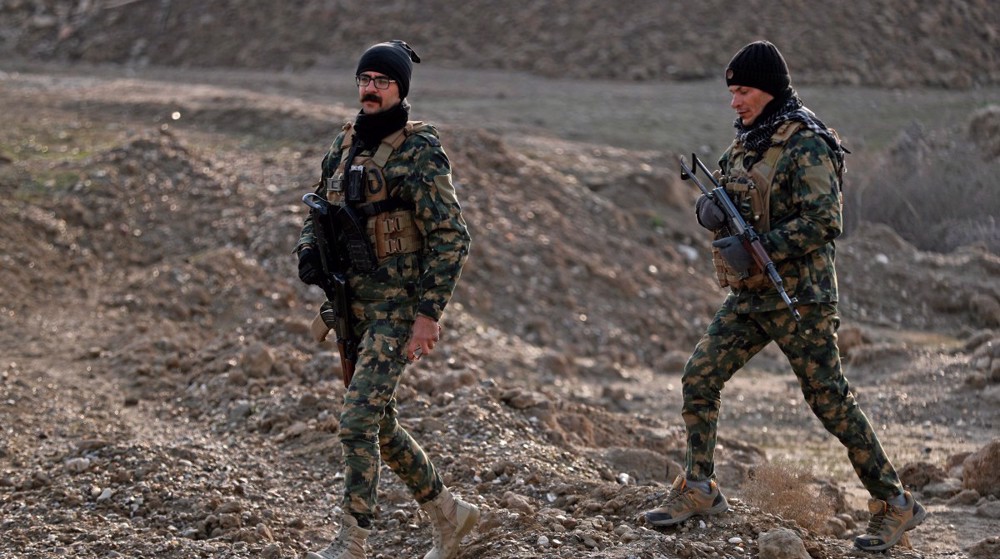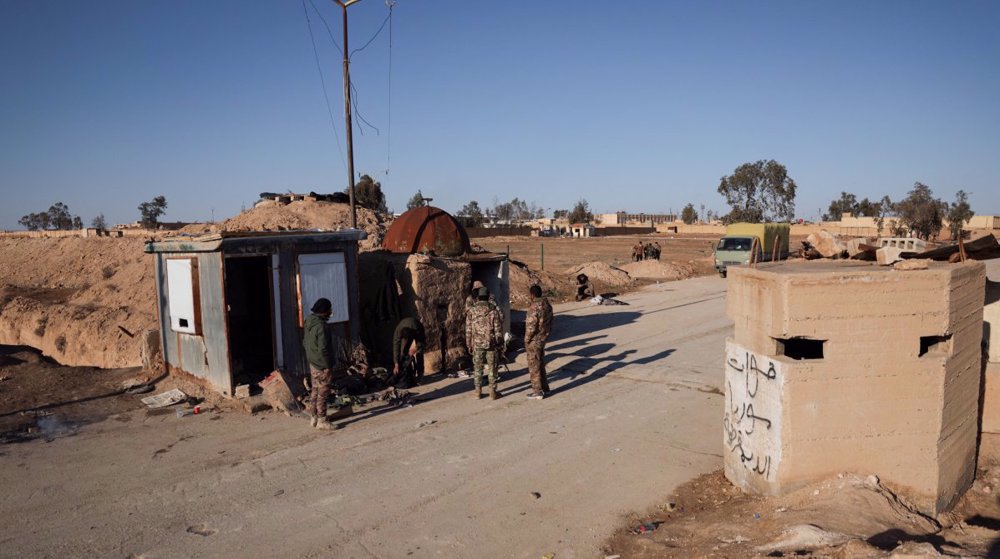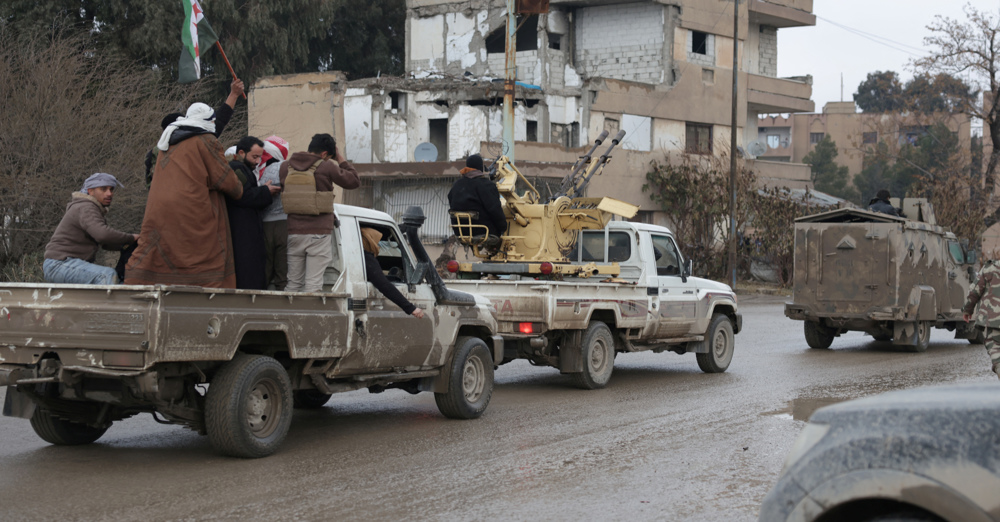Ban says Daesh spreading like cancer
United Nations Secretary General Ban Ki-moon has described the ongoing crisis in Syria as a greenhouse for Takfiri militant groups, urging greater cooperation to prevent extremism and terror outfits that are now spreading “like a cancer.”
The militancy in Syria has “provided the perfect breeding ground for extremists and terrorists to take root in the society,” he told reporters on the sidelines of a high-level conference on preventing violent extremism in Geneva on Friday.
“Now (Daesh) and all the extremists are spreading like a cancer around the world,” the UN chief stated.
Earlier on Friday, Ban demanded a comprehensive and in-depth review of strategies to counter the growing threat from Daesh and other militant groups.
“Evidence shows that security and military responses alone cannot defeat this scourge,” he said, emphasizing that heavy-handed responses have sometimes “proven to be counter-productive and can end up further fuelling violent extremism.”
“We must remain vigilant to ensure that our fight against terrorism respects freedom of expression, the freedom of citizens,” the UN secretary general addressed the 700 delegates that were attending the Geneva conference.
Ban also said he plans to establish a high-level action group to review and help implement his plan to stop the growth of extremism.

Swiss Foreign Minister Didier Burkhalter, who was present at the event, said, “Preventing violent extremism means stepping up efforts to promote the rule of law, human rights and, in armed conflicts, international humanitarian law.”
Countries also need to “offer young people opportunities and render them unreceptive to the temptations of terrorism” through education and job opportunities, he told the conference.
The International Centre for Counter-Terrorism, based in The Hague, said in its report published on Friday that Belgium, Britain, France and Germany contributed to the militancy in Iraq and Syria by having 2,838 of their nationals traveling to those countries for joining terror groups. That is more than half of a total of 4,294 foreign fighters who have left the EU member states for those two Arab countries over the past few years.

The independent think-tank, which has used data supplied by 26 EU countries, said that about 30 percent of those European militants have since returned home, while about 14 percent were killed on the battlefield. It said 17 percent of the group were women, and up to 23 percent were converts to Islam. Most of those militants came from urban areas or peripheral suburbs of the European cities.
Estimates suggest that some 30,000 foreign fighters from about 104 countries were fighting in Iraq and Syria between September 2014 and September 2015.
VIDEO | UK arrests Press TV contributor amid crackdown on pro-Palestine activism
VIDEO | Axis of Resistance stands as multinational front for justice
Swiss academics call for end to research treaty with Israel over Gaza genocide
VIDEO | Israeli regime harasses, tortures Gazans returning through Rafah crossing
Israel faces existential threat of internal collapse before centenary, general says
Police fire tear gas as protests erupt against ICE and Israel at Milan Winter Olympics
UK PM’s chief of staff resigns over appointment of Epstein associate as US envoy
Iran leads Islamic world in electric vehicle motor technology


















 This makes it easy to access the Press TV website
This makes it easy to access the Press TV website